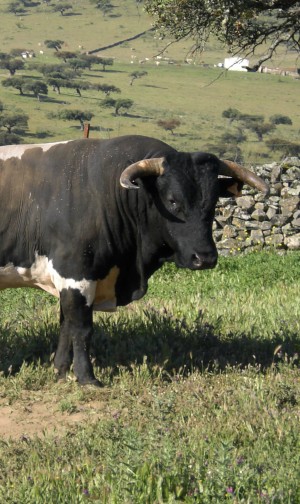Aims of the Project
 Connecting the animal genome, gastrointestinal microbiomes and nutrition to improve digestion efficiency and the environmental impacts of ruminant livestock production
Connecting the animal genome, gastrointestinal microbiomes and nutrition to improve digestion efficiency and the environmental impacts of ruminant livestock production
The aim of the project is to integrate expertise and technologies to increase rumen efficiency and decrease the environmental footprint of ruminant production, significantly advancing current knowledge in this sector. The project will exploit state-of-the-art –omics technologies to understand how ruminant gastrointestinal microbial ecosystems, or microbiomes, are controlled by the host animal and by the diet consumed, and how this impacts on greenhouse gas emissions, efficiency and product quality.
The research is undertaken by 11 partners across Europe and coordinated by Prof J Wallace of the University of Aberdeen, Scotland.
The project will:
- Relate animal genome to microbiome, feed efficiency, and methane emissions
- Determine host-microbe interactions in genetically identical and genetically diverse animals
- Relate changes in the nutrient supply of the cow with the composition and function of the ruminal microbiome, as assessed by methane and N emissions
- Provide tools and bioinformatics for rapid analysis of phenotypes, microbiomes
- Create a public metagenomics database
- Effectively disseminate project technologies and results
A list of the partners can be found in our Partners section.
Find more detailed information on the research programme.
